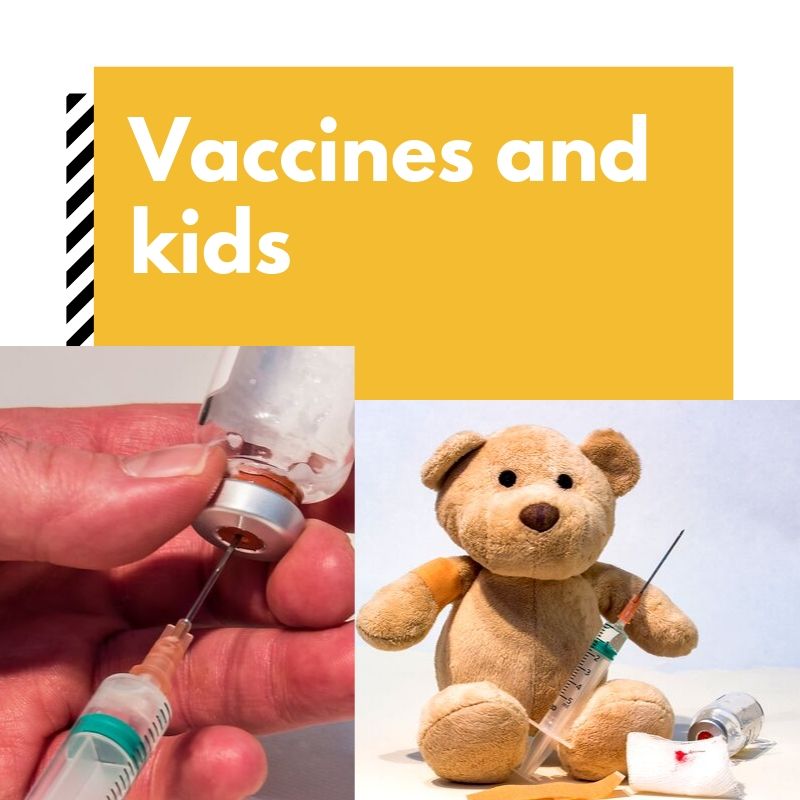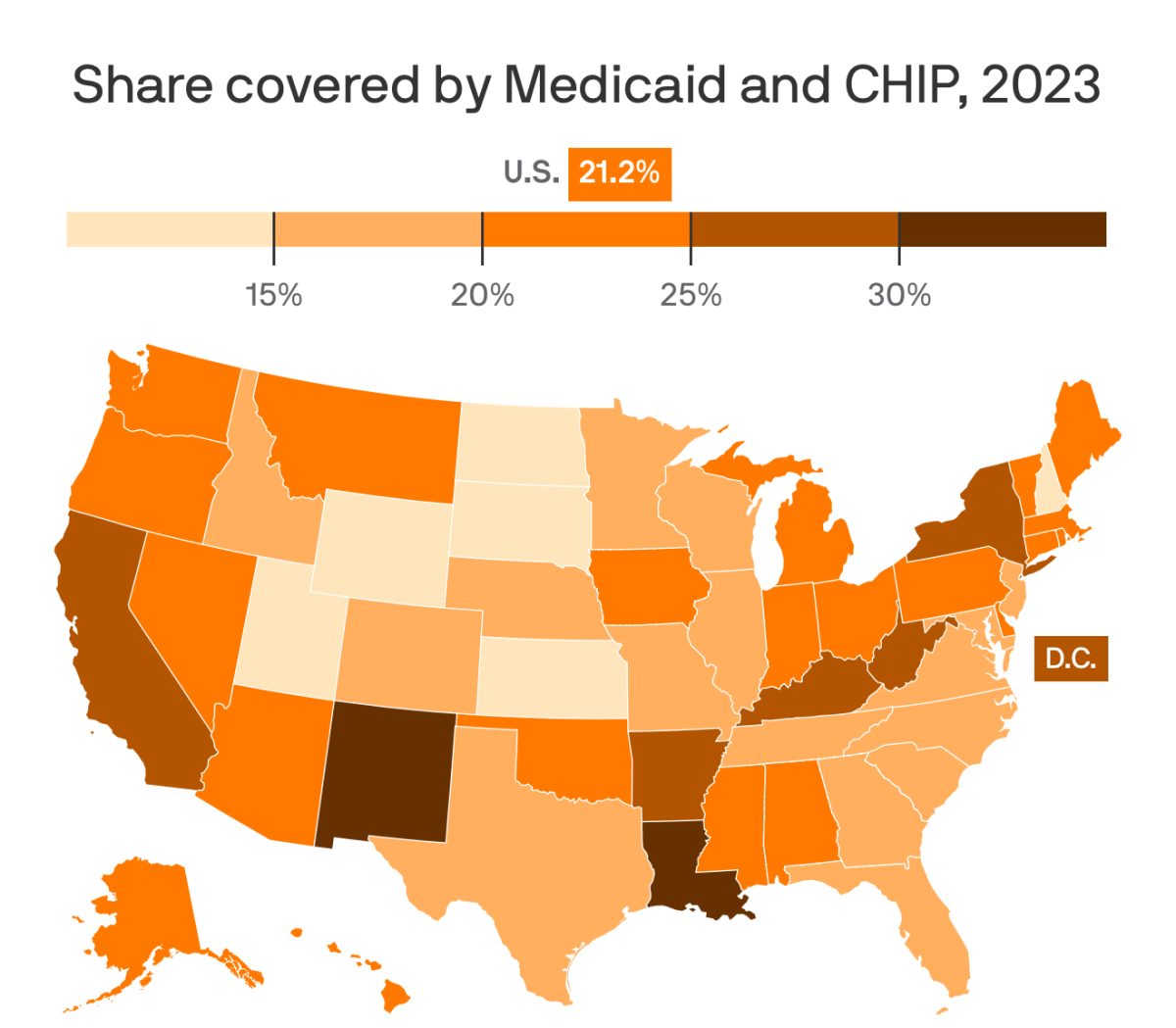Parents are in an uproar about refusing to get their children vaccinated. Vaccinations have rumors and speculations around them that frighten people to not vaccinate their children. The government could make it a requirement that all children must be vaccinated.
Vaccines are one of the most effective public health interventions in the world for saving lives. They have eliminated many diseases that killed or disabled people.
So, should the government force parents to vaccinate their children by making it a requirement? The problem with the government making vaccines a requirement is that nobody wants to be forced to receive treatment in the form of vaccines. This could also cause an uproar in certain communities where choosing not to partake in vaccines is a religious reason. This move by the government would be unethical in every way.
Parents have to make the decision for their children to vaccinate them. If they plan to homeschool them that is fine. However, parents who send their children to school are required to get vaccinated for certain diseases. Parents may not realize the danger that could be placed on not only their child but the people who interact with the child as well.
Breanna Jackson, senior, civil engineering student at North Carolina A&T believes that it is necessary for not only the child but the child’s peers as well. “I believe children should be vaccinated because at a young age you’re very susceptible to different diseases and your immune system isn’t strong enough,” Jackson said. “By the parent making that decision not to vaccinate their child, they are affecting the lives of other children that interact with that child.”
Vaccinations protect people that you care about. Such as babies that are too young to receive vaccines, pregnant women, elderly, and people with weakened immune systems. Therefore, by opting out of vaccinating your child, you place others at risk.
Why do parents decide not to? Parents choose to not give their children vaccines because of different allegations people have placed on them. Such as, vaccines cause autism and vaccines are not worth severe allergic reactions, but these are myths according to publichealth.org. Multiple studies have shown that there is no link between vaccines and developing autism. In fact, autism develops well before a baby is born or receives vaccinations.
Severe allergic reactions are very rare. To the point where the benefits of getting vaccines are much greater than the possible side effects according to vaccines.gov. Each vaccine is tested before given to the patient. The FDA works closely with the company producing the vaccine to evaluate the safety and effectiveness.
Vaccines have many positives. It only will help children in the long haul. It can save the family money because now they don’t have to worry about the child sustaining a preventable disease. If the child does contract a disease that has a vaccine, that family would take a financial hit from hospital bills or even disability care. In conclusion, vaccines are a great step to not only protect your children but it protects you, your peers, people with weak immune systems and children who are not old enough for vaccines.







